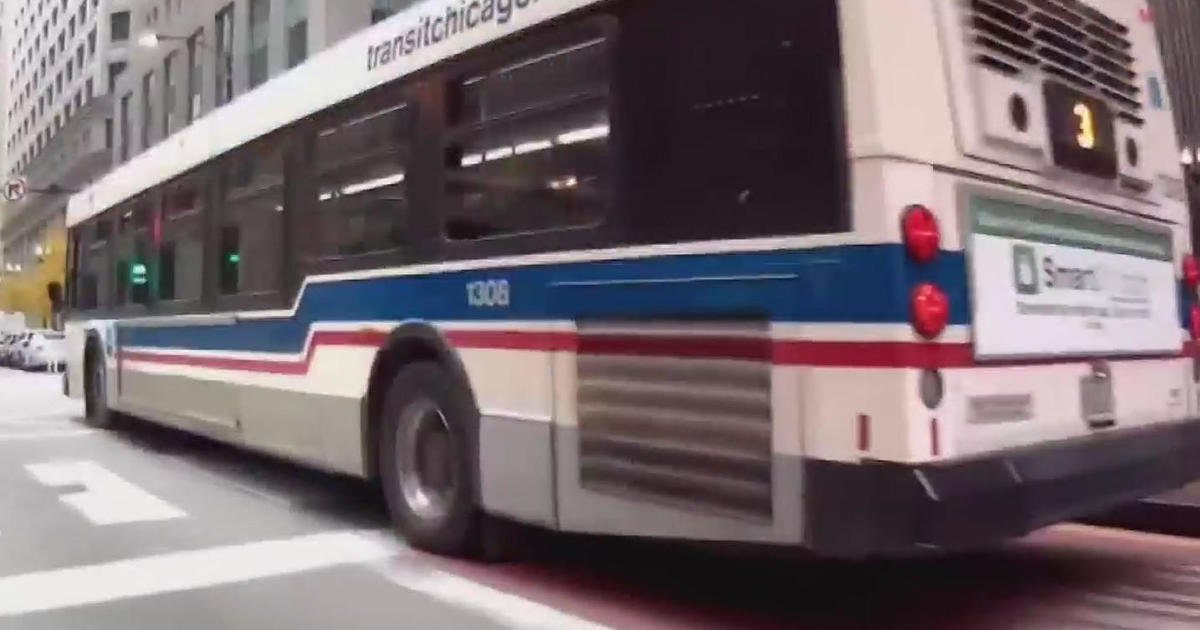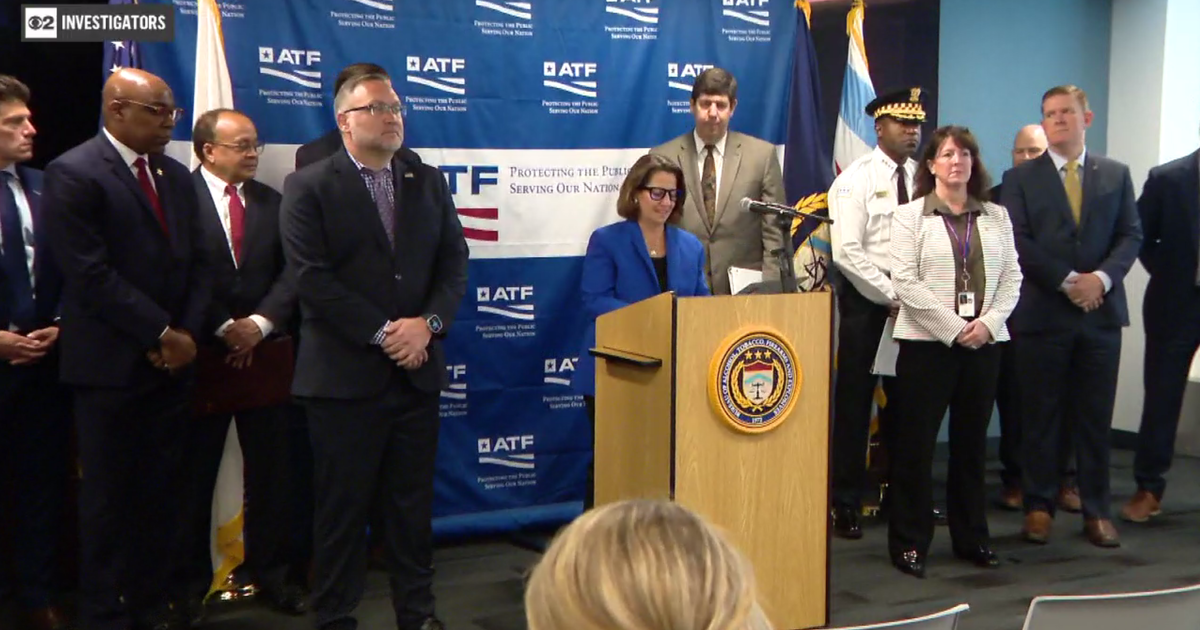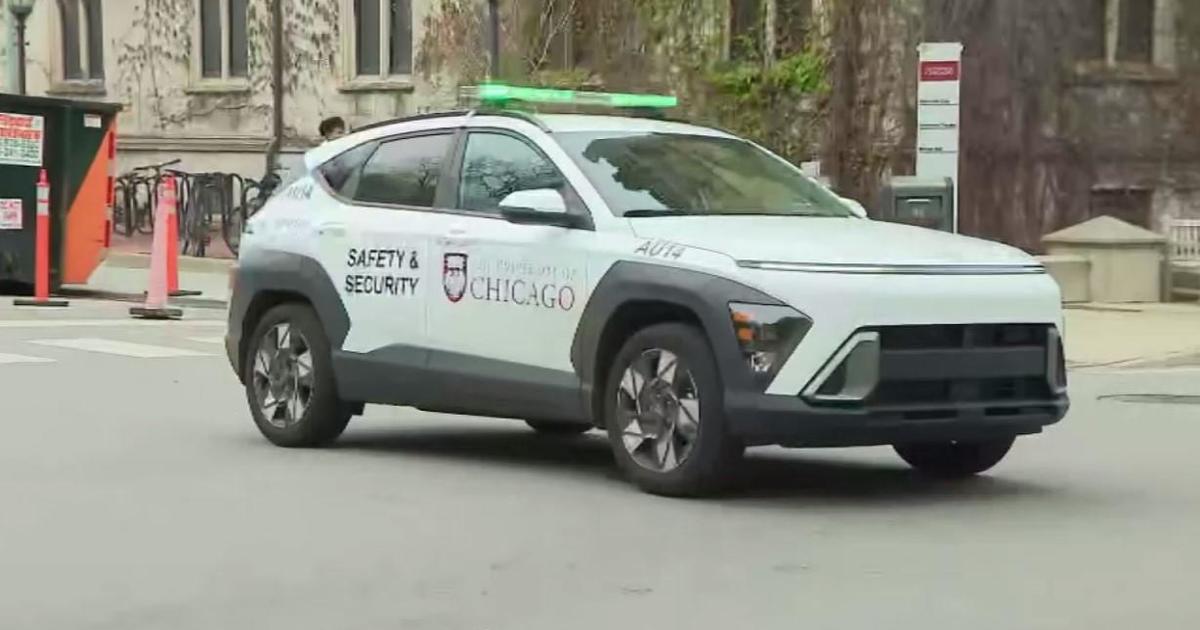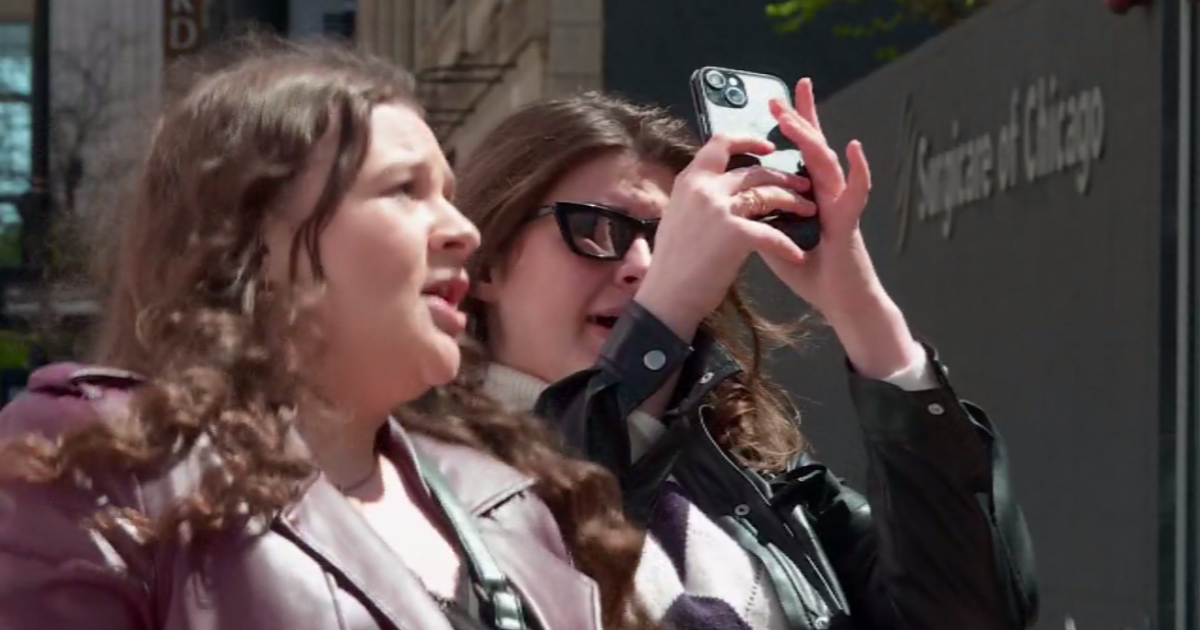University Of Chicago Medicine Opens New Trauma Center
CHICAGO (CBS) -- The University of Chicago has opened its new Level 1 adult trauma center, the first such emergency department on the South Side in nearly 30 years.
University of Chicago Medicine said its new emergency department at 56th and Maryland is the most advanced of its kind in Chicago, replacing the old emergency room inside the Mitchell Hospital building at 58th and Maryland. The old Mitchell Hospital building was turned into a cancer care facility.
The trauma center designation indicates the hospital has the resources and staffing necessary to provide comprehensive medical care for patients suffering major injuries from traffic crashes, shootings, burns, falls, and more.
Dr. Selwyn Rogers Jr., founding director of the University of Chicago Medicine Trauma Center, said the time is right to open the most advanced trauma center in the region.
"This time in the history of our country, and specifically here in the city of Chicago, there's not a compelling place that you can have greater impact than on the South Side," he said.
The university closed a previous adult trauma center in 1988 because it was losing millions of dollars a year.
"It shouldn't be about the money when it should be about saving lives and serving the people of the community that it's hosted in. That's what it's about," activist Jasmine Harris said.
Three years after the University of Chicago closed its adult trauma center, the South Side lost its only other Level 1 adult trauma center, when Michael Reese Hospital halted trauma care.
Since then, the only Chicago area hospital with such facilities south of 15th Street has been Advocate Christ Medical Center in Oak Lawn.
Without an adult trauma center on the South Side, victims of major trauma often have been forced to travel up to 10 miles via ambulance to Christ, Northwestern Memorial Hospital, or other trauma centers in the Illinois Medical District along the Eisenhower Expressway to receive the advanced medical care they need.
Activists on the South Side for years demanded the University of Chicago add an adult trauma center to its Hyde Park hospital campus.
They said the lack of an adult trauma center on the predominantly black South Side amounted to institutional racism, accusing the hospital of putting profit before lives.
Activists have been demanding a trauma center at the University of Chicago at least since 2010, when 18-year-old Damian Turner was gunned down just four blocks from the hospital. An ambulance took him nearly 10 miles to Northwestern Memorial Hospital, the closest Level 1 adult trauma center.
Alex Goldenberg said he's convinced that cost Turner his life. He was studying at MIT when he learned Turner, his former student, had been killed.
"Immediately I felt the need to come back to Chicago," he said. "Damian would still be here today if this trauma center had been open."
Goldenberg, executive director of Southside Together Organizing for Power, helped lead a series of marches and protests demanding the university reopen its adult trauma center.
Harris said she and other activists walked many miles to get to this day.
"It's a big victory, because it's here for the people of the community, and if we need it we can use it," she said.
Goldenberg said, although it's too late for Turner, he believes this day proves Turner didn't die in vain.
"I just think that he's looking down on us, smiling. I think he's proud of the struggle; proud of the lives that will be saved and touched by it," he said.
In September 2015, the university announced plans to team up with Sinai Health Systems to open a trauma center at Holy Cross Hospital in the Chicago Lawn neighborhood, but that was not enough for many critics who said that plan would have left some parts of the South Side more than five miles from a trauma center.
In December 2015, the university scrapped that plan, and announced it would add a trauma center to its Hyde Park campus as part of a larger expansion of the hospital.
Rogers said the new trauma center was built with the community in mind.
"I'm going deep into the community, into the barbershops, into our churches; to try to understand the perspectives of the community, and how we could partner with them to advance our mission," he said.
The projected cost to run the trauma center is $48 million a year. The university expects to operate the facility at a financial loss.



